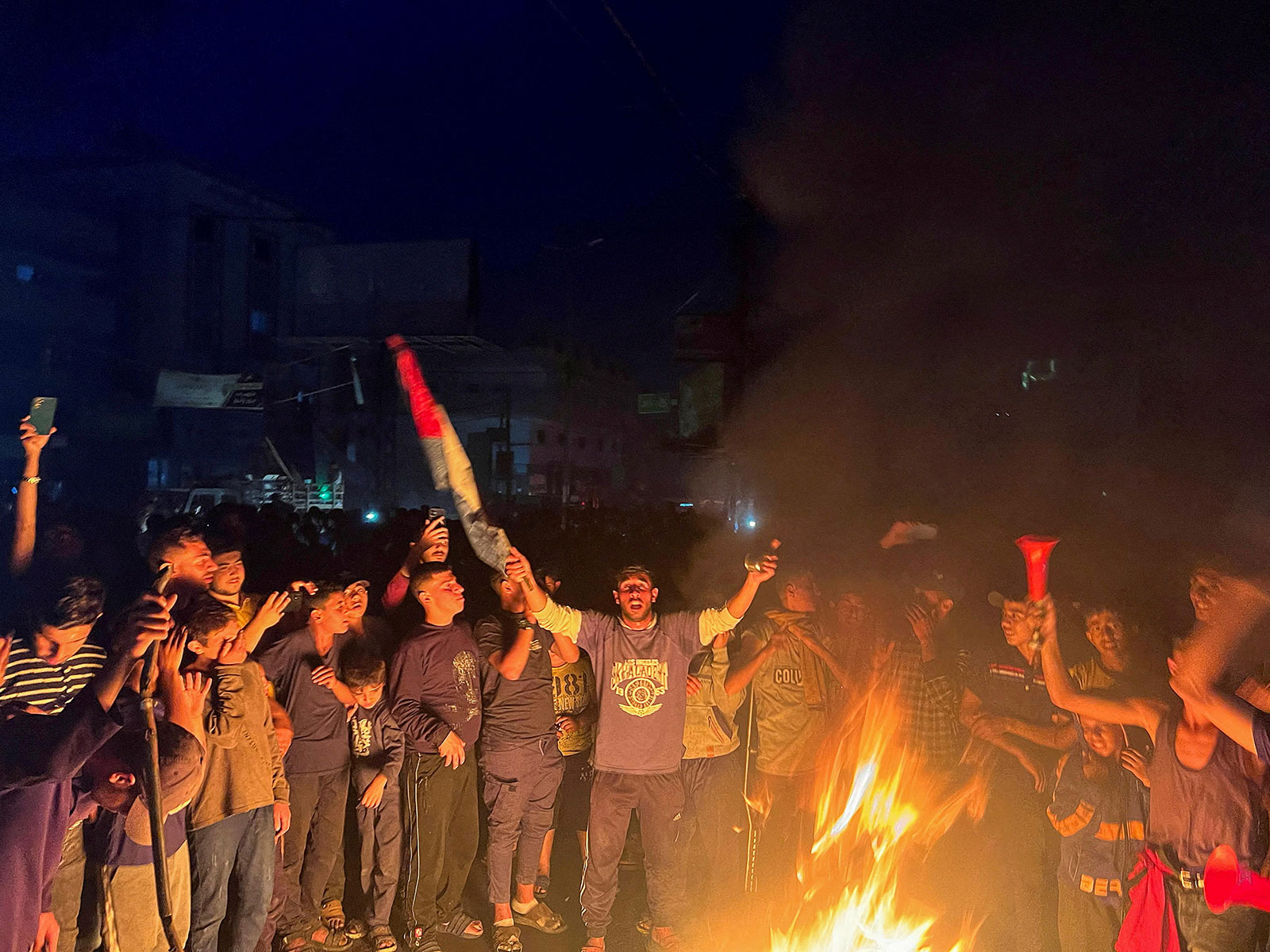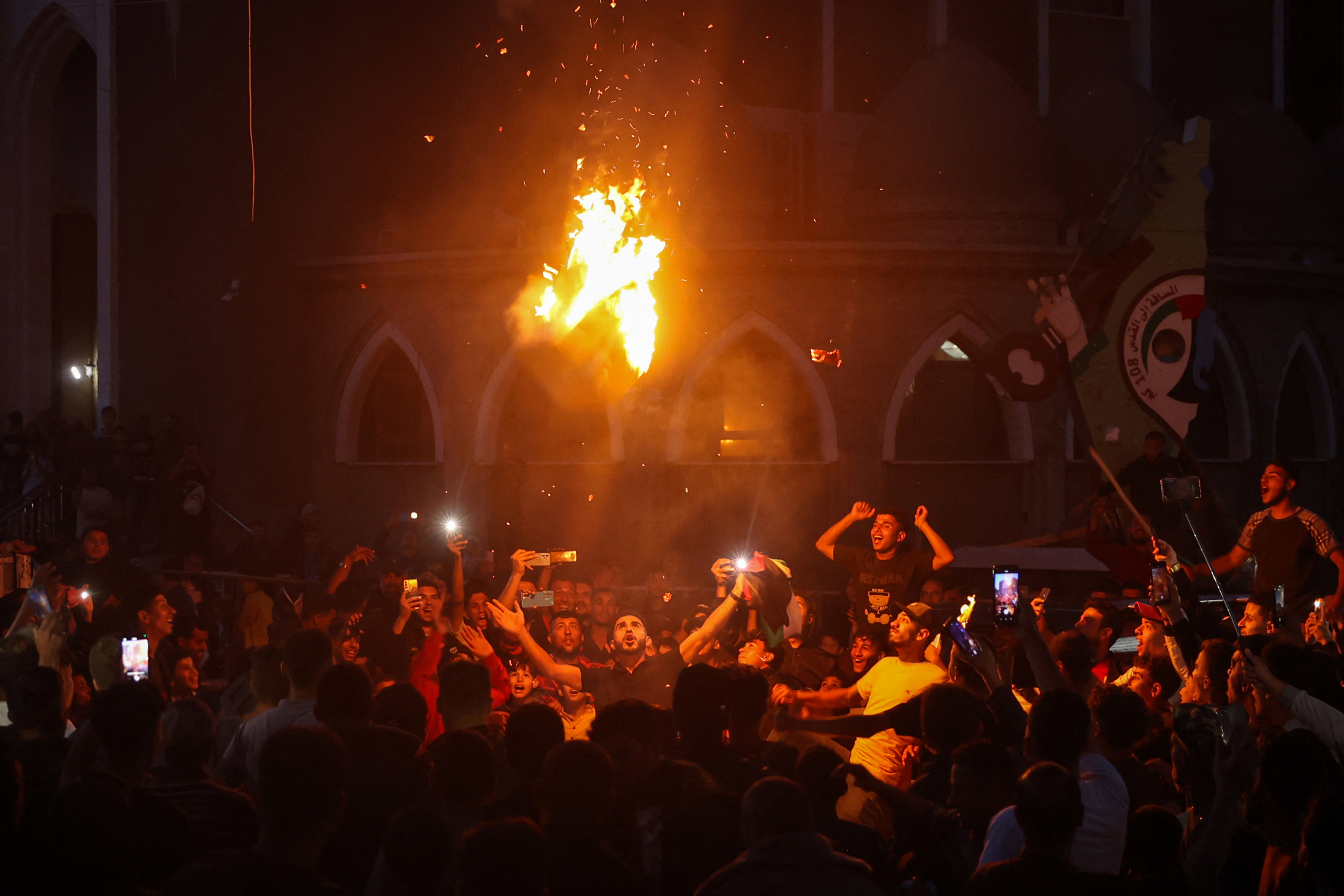The proposed agreement mediated by Qatar and Egypt and accepted by Hamas starts with the release of 33 Israeli hostages over 42 days and ends with the rebuilding of Gaza amid “a period of sustainable calm,” according to a document shared with CNN by a source in the region familiar with negotiations.
The copy of the framework details that the agreement will be divided into three phases, each 42 days long. It will also include an eventual full Israeli withdrawal from Gaza in the second phase, according to the document and Hamas senior official Khalil Al-Hayya, who spoke to Al Jazeera.
Here's a breakdown of each phase:
The first phase
- This phase says Hamas will release 33 hostages — specifically women, children, elderly and those sick — in exchange for a gradual withdrawal of Israeli forces from parts of Gaza, the halting of reconnaissance flights for 10 hours daily, the free movement of disarmed Palestinians throughout the Gaza Strip and the release of hundreds of Palestinian prisoners.
- In this phase, 30 Palestinian women and children will be released for every Israeli hostage released by Hamas, and 30 Palestinian prisoners over the age of 50 for every Israeli hostage over the age of 50.
- Female IDF soldiers are to be released as part of the 33 hostages, but for every Israel Defense Forces woman soldier released, Israel is to release 50 Palestinian prisoners, including 30 serving life sentences.
- Every week Hamas will release three hostages. On the sixth and final week, the rest of the hostages are to be released to fulfill the 33 number agreed upon, according to the document. The agreement also says that Hamas could include the bodies of dead hostages to reach the 33 number.
- An extensive effort will begin for the entry of humanitarian aid into Gaza, including makeshift shelters and homes, and the rehabilitation of key infrastructure, including hospitals and the electric plant, the document says.
The second phase
- The document did not fully expand on the details of the second phase of the agreement, which is set to include a “sustainable period of calm” in Gaza and the release of the remaining hostages, including civilian men and IDF male soldiers.
The third phase
- A three-to-five-year Gaza rebuilding plan is to start in this phase, according to the document.




